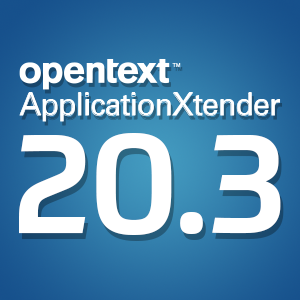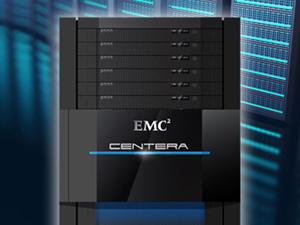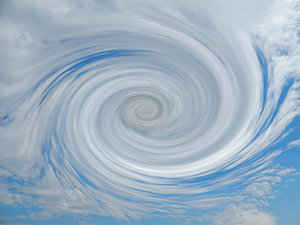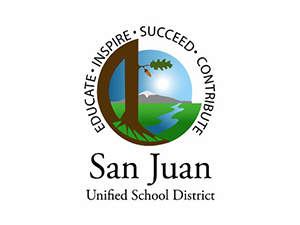Libraries digitize archives for enhanced research opportunities
Friday, May 24, 2013Digital technologies have had an inarguably significant impact on the way that people find, access and consume information. With advancements in document imaging solutions, communities around the country have been capitalizing on the ability to convert historical records to an electronic format, making these files more readily available to citizens and researchers alike.
The Journal-Register reported that the Lee-Whedon Memorial Library in Media, NY, recently incorporated archived editions of the Media Tribune (1861 to 1945), the Medina Register (1882 to 1911) and the Media Journal (1903 to 1969 and 1922 to 1933) onto its website. Library Director Catherine Cooper noted that the digitization and addition of the archives was completed thanks to a $5,000 grant. She explained that the goal for these initiatives was for the library to give more people access to accounts of past events.
"It chronicles a different time in a very vivid, day-to-day way," she said, according to the Journal-Register. "The local information was incredible, and everybody can now use it."
The news source revealed that digitization of the archives was made easier due to a duplicate set of microfilm rolls. Cooper stated that many people have used these resources for genealogical research about their families.
Consolidating information
The University of Georgia recently took part in the launch of the Digital Public Library of America (DPLA), which The Red and Black explained will bring together archives of different libraries and institutions for the public to access online. According to the news provider, librarians, authors, publishers and educators have been collaborating over the past two years to create the DPLA, which will make books, images and other historic records available to anyone with an Internet connection. One of the seven regional hubs of the DPLA, the Digital Library of Georgia (DLG), has made materials from more than 60 libraries in the state digitally available. Brian Dyson, a history major from Waycross, told the source that he has been working on projects for the DLG for almost a year and a half.
"It makes Southern history and Southern culture – through documents, pictures and diaries – a lot more personal," Dyson said, The Red and Black reported. "It's reading what somebody wrote as they were taking a break from fighting the Civil War. You get to see a side of things that you wouldn't otherwise see. It's the closest you can get without actually having it in your hands."
As more libraries adopt these digitization projects, there is immense potential for historical research, education and analysis.
Brought to you by Image One Corporation providing complete information governance since 1994.




